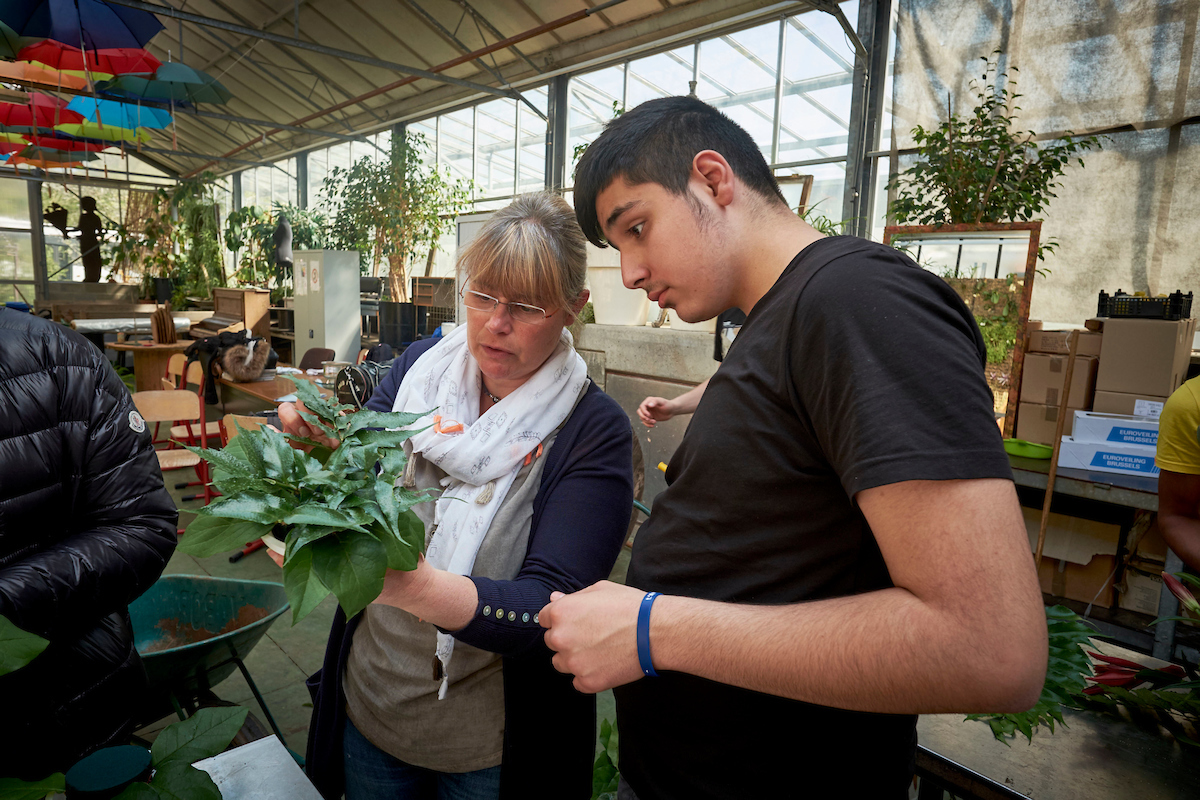
Small and medium-sized enterprises
Small and medium-sized enterprises (SMEs) are defined by the European Commission as having less than 250 employees. SMEs are the backbone of Europe's economy. They represent 99% of all businesses in the EU. In the past five years, they have created around 85% of new jobs and provided two-thirds of the total private sector employment in the EU. The European Commission considers SMEs and entrepreneurship as key to ensuring economic growth, innovation, job creation, and social integration in the EU. The European Commission policy in relation to SMEs supports start-ups and scale-ups in particular. Internationalisation beyond the EU increases SMEs' performance, enhances competitiveness, and reinforces sustainable growth.











